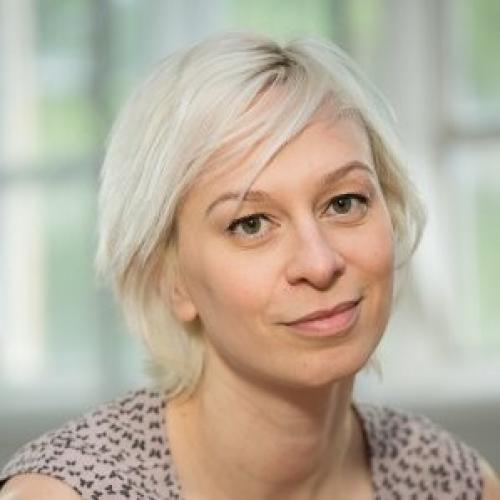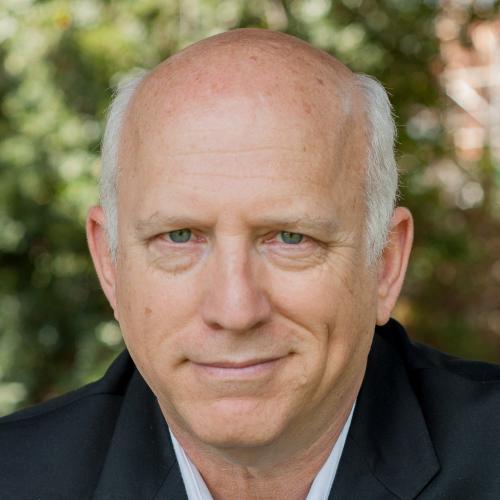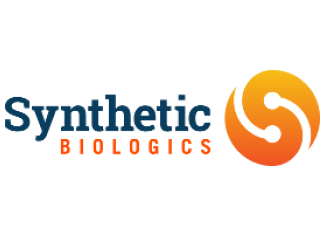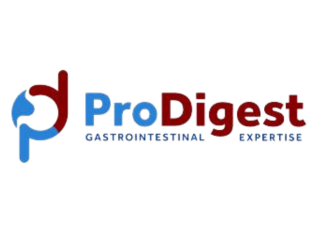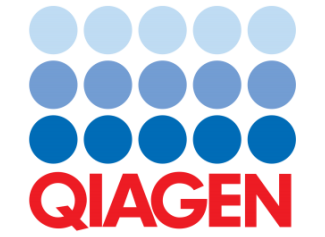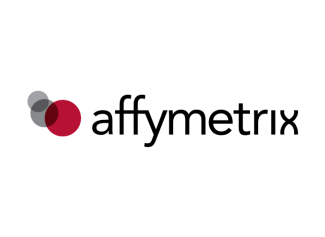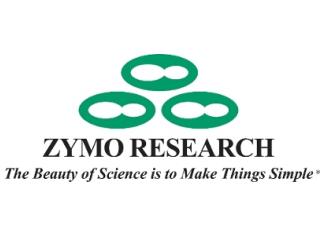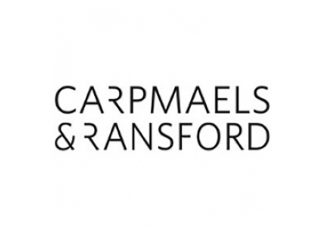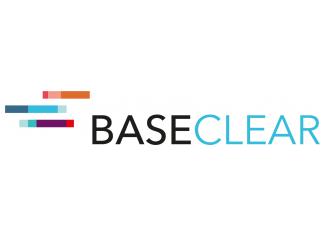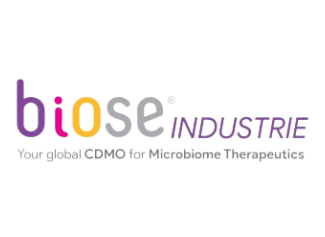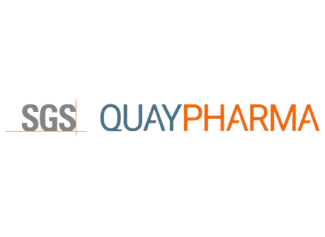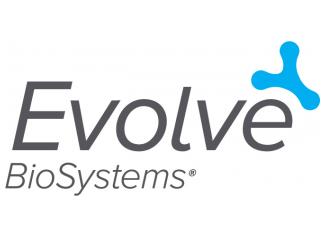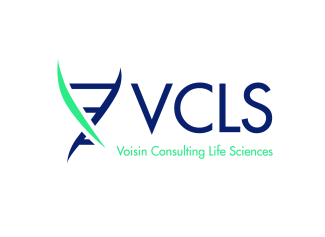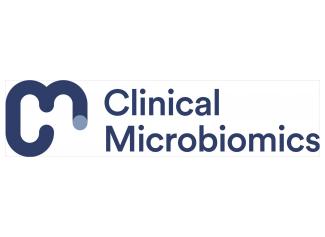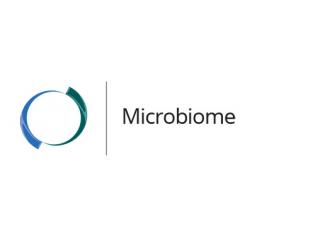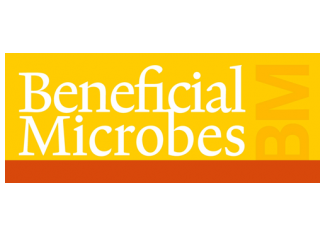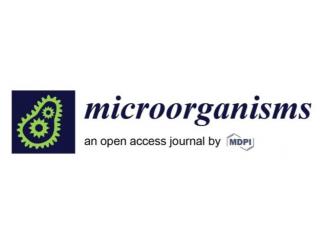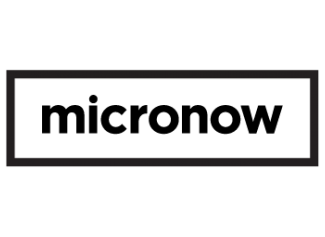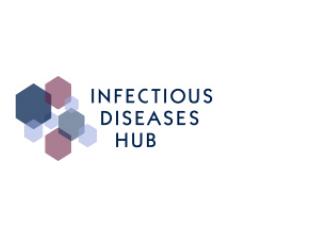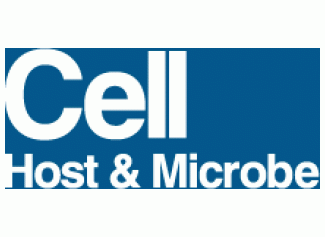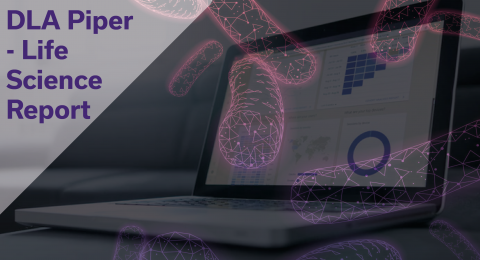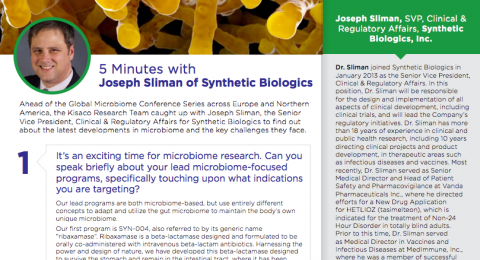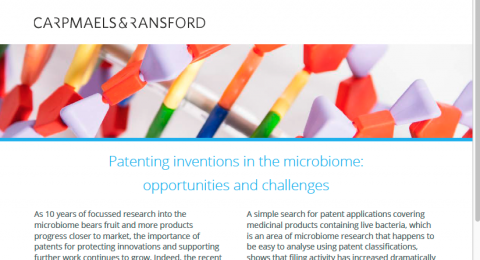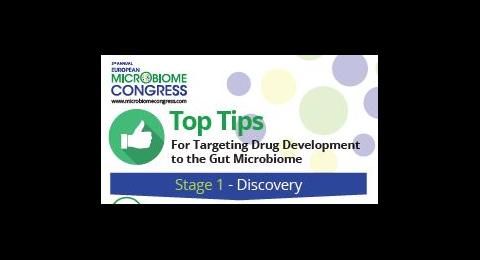Why Attend
The Annual European Microbiome Congress has become a trusted learning and networking platform for leading academics, practicing clinicians, pharmaceutical and nutrition companies, biotech entrepreneurs and investors, government and regulatory bodies and industry leaders who require insight into the latest microbiome research, clinical trials and multi-disciplinary collaborations.
Join us for 2.5 days of intense networking, unpublished research and translational case studies.
In addition to the open networking available, our ‘MEETING MOJO’ platform allows you to create a bespoke meeting schedule, promoting productive collaboration; and if you are looking to highlight your recent work to the wider microbiome community, the dedicated poster session is a great way to get your research noticed and further involve yourself with the congress!
Our 2017 agenda is now available to view here.
View Video from European Microbiome Congress 2016
Who Will Be There
The Speakers
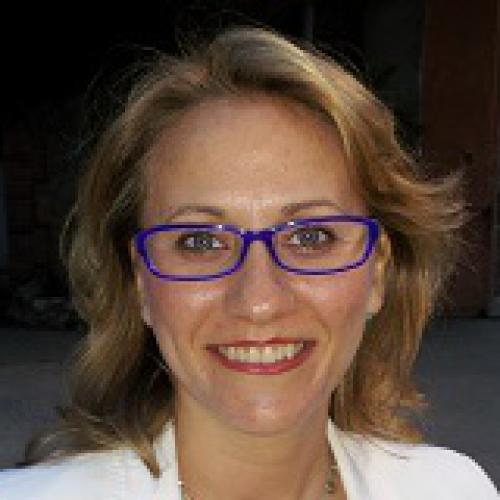
Esther Jiménez
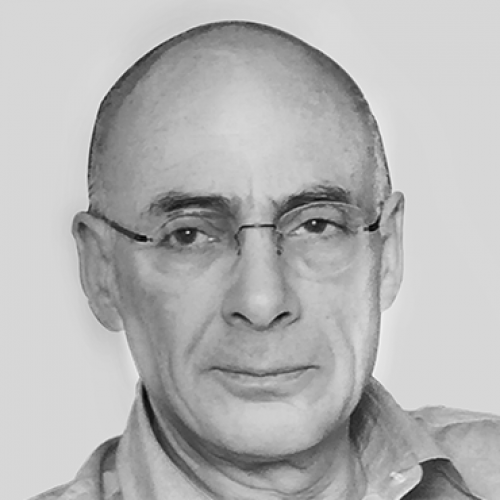
Jean de Gunzburg
Talk to me about… your research
I am the chief scientific officer at Da Volterra, a French biotechnology company, headquartered in Paris, France. Da Volterra is committed to the discovery and development of innovative approaches to prevent the deleterious consequences of antibiotic treatments on the intestinal microbiota, including the emergence and dissemination of antimicrobial resistance, as well as the occurrence of infections by opportunistic pathogens such as Clostridium difficile. Prior to that, I led an academic career as a cell biologist focusing on signal transduction and oncogenesis, ultimately leading a research laboratory at the Institut Curie in Paris.
Talk to me about…something people may not know about you
I was born in Canada, lived for most of my life in France, and am now based in the London. I am an avid off-piste skier, in the French and Swiss Alps. I particularly enjoy the slow hiking/skinning up the mountains which gives me time to appreciate the fabulous scenery, and to think in depth about new and arising matters, in particular in relation to my research.
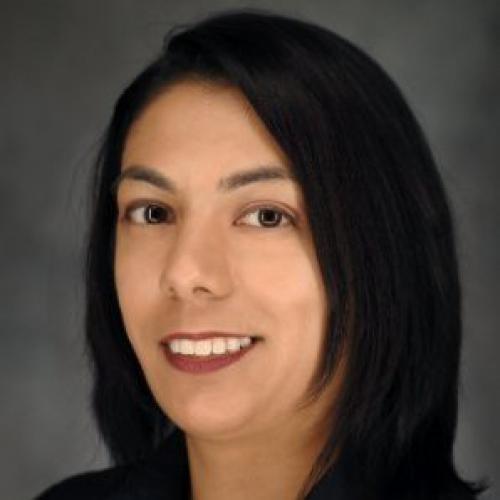
Sacha Mann
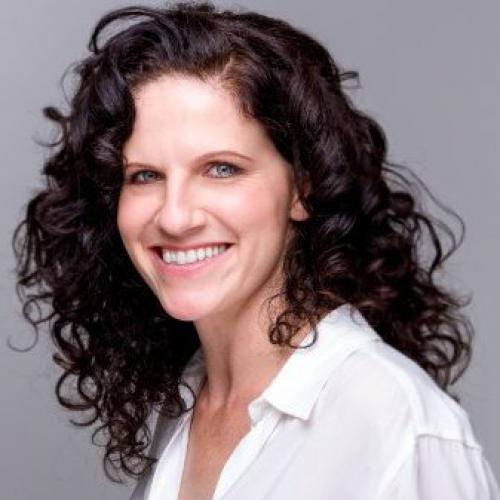
Lihi Segal
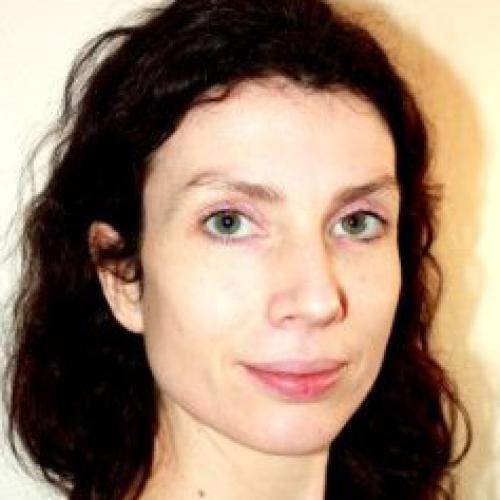
Muriel Derrien

Michaeline DeJorja

Professor Curtis Huttenhower
Talk to me about… your research
I am a Professor in Biostatistics at the Harvard T.H. Chan School of Public Health and an Associate Member at the Broad Institute. I participated extensively in the NIH Human Microbiome Project and co-leads the "HMP2" Center for Characterizing the gut microbial ecosystem in IBD and the Human Microbiome Bioactives Resource. My lab focuses on computational methods for functional analysis of microbial communities. This includes systems biology reconstructions integrating metagenomic, metatranscriptomic, and other microbial community 'omics, the human microbiome in autoimmune disease such as IBD, and its potential as a biomarker and route for therapeutic intervention.
Talk to me about…something people may not know about you
I'm a happy kitty parent, most recently of two new kittens who (like human babies) have as yet to learn to sleep through the night. I wish I had as much energy as they do!
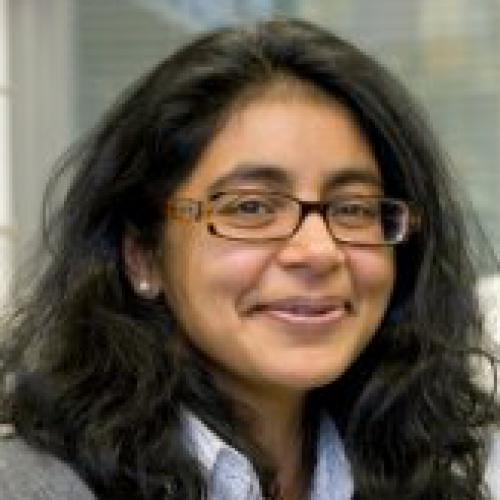
Amrita Ahluwalia
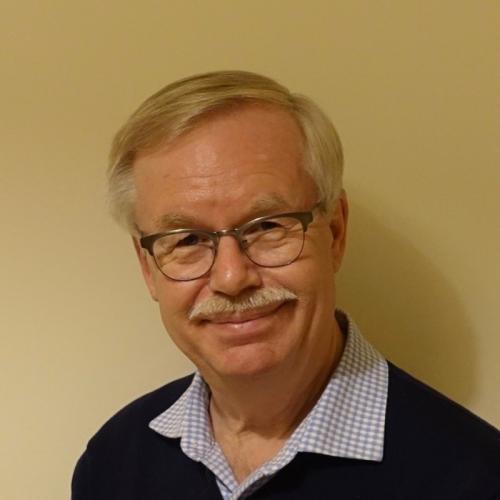
Andrew Morgan
Dr Andrew Morgan is Chair of the UK’s KTN Microbiome Special Interest Group and has close to 40 years’ experience in health & nutrition research & innovation related to microbe-host interactions including human, animal and plant. He held the role of Chief Scientist to DuPont’s Nutrition & Health and legacy Danisco business (2008-2019) and was a DuPont Fellow. Having joined the company as a member of the pioneering FFI animal nutrition enzyme team, he then went on to play a key role in helping build DuPont’s microbiome platform. Andrew retired from DuPont at the end of 2019.

Arpita Maiti
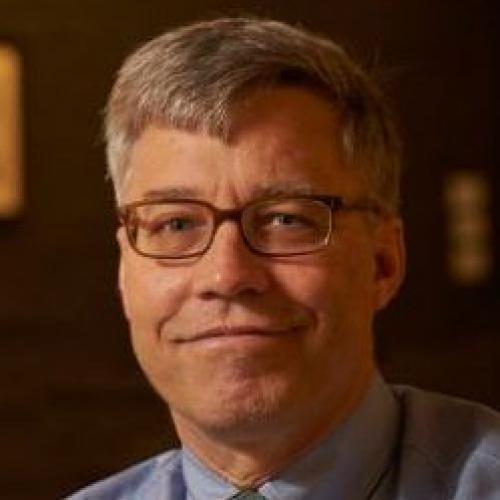
Dr David Cook
David Cook is the Executive Vice President of R&D and Chief Scientific Officer of Seres Therapeutics, Inc. (“Seres”). He has over 20 years of experience as a scientist and entrepreneur and has held senior operating and management positions in the biotechnology industry throughout his career. Prior to joining Seres, he served as the Chief Operating Officer for the International AIDS Vaccine Initiative (IAVI), a global R&D organization. Prior to IAVI, Dr. Cook was the founding CEO at Anza Therapeutics, a biotechnology startup that focused on developing a microbial vaccine platform to induce cellular immune responses. Before launching Anza, Dr. Cook held positions of increasing responsibility at the biotechnology corporations Cerus and Eligix, overseeing R&D, program management, manufacturing, and clinical and regulatory affairs. He has led teams in the development and commercialization of several biotech products and has been directly responsible for obtaining marketing authorization from the European Union for four medical products. Dr. Cook is also a co-inventor on more than 25 patents. He earned his undergraduate degree from Harvard College and his Ph.D. in chemistry from the University of California, Berkeley.

Céline Druart
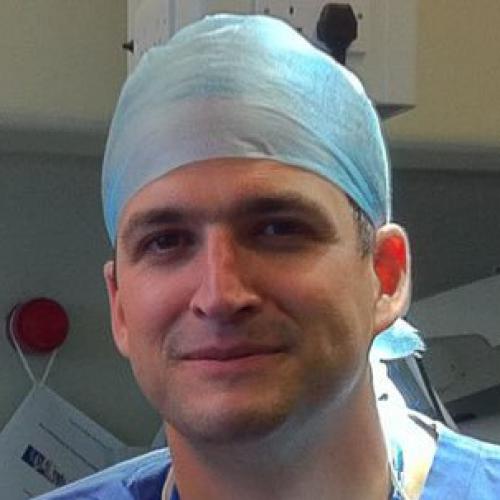
Dr James Kinross
Dr. James Kinross is a consultant colorectal surgeon, at St. Mary’s Hospital London. His clinical interests are in minimally invasive and laparoscopic surgery for the treatment of colorectal cancer. He also has an interest in surgical nutrition and modulation of the gut microbiota by pro and prebiotics for improved operative outcomes. He was trained in Northwest London, and he was an NIHR Clinical Lecturer in Surgery and an Ethicon Laparoscopic Fellow in Colorectal Surgery. He was awarded a Royal College of Surgeons of England training fellowship during his PhD and he was funded by the Academy of Medical Sciences as an early stage lecturer. He is a visiting Professor at the Royal College of Surgeons of Ireland. He is currently funded by Bowel and Cancer research and the Imperial BRC.
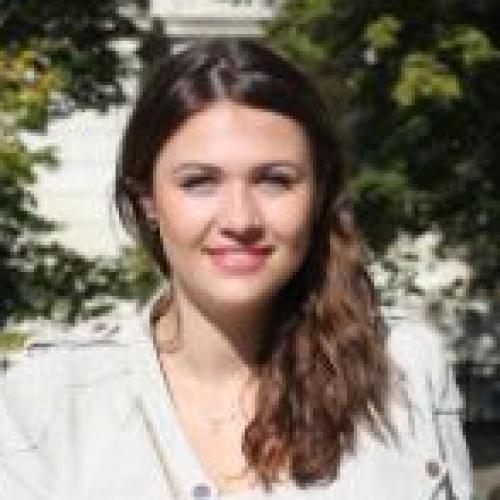
Shannon Doyle
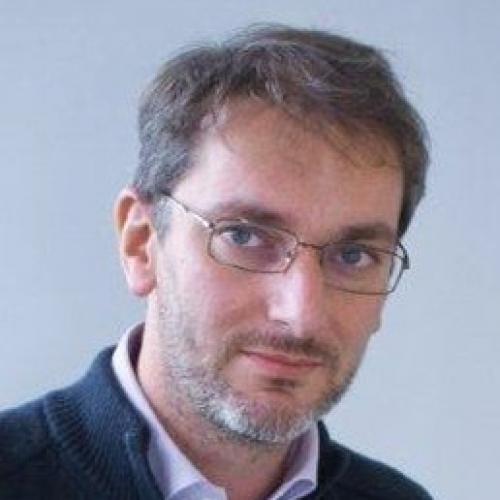
Johan van Hylckama Vlieg
Johan E.T. van Hylckama Vlieg is currently Senior Director Microbiome at Chr. Hansen AS, one of the largest microbe producing companies in the world. He is responsible for the microbiome innovation program and heading the microbiome research and pilot facility. He has 20 years of experience and leadership in gut microbiology, probiotics and food biotechnology in industry and academia. He is (co)author of more than 70 peer-reviewed publications and inventor of 13 patents or patent applications.
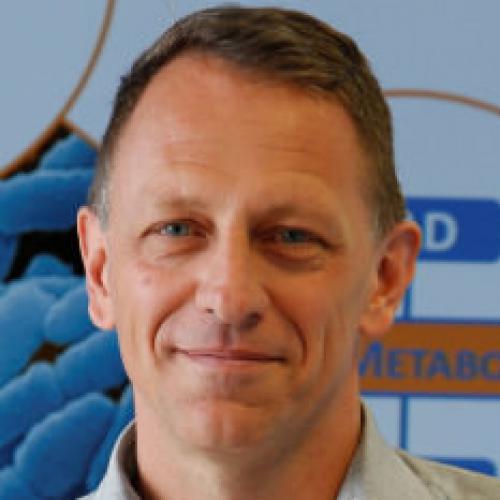
Professor Julian Marchesi
Julian Marchesi graduated from Cardiff University with a PhD in biochemistry (1992) and became interested in the role bacteria play in ecosystem function. During his post-doctoral years he developed an interest in the contribution of uncultured microbes to the maintenance and function of ecosystems i.e. molecular microbial ecology. He subsequently secured a Wellcome Trust Fellowship which extended his molecular microbial ecology interest and investigated, with culture independent methods, the diversity and distribution of genes involved in biodegradation of priority pollutants in pristine environments. After a short time investigating the deep biosphere he obtained a Lectureship (2001) in the Department of Microbiology, University College Cork, Ireland where he transferred these “omic” skills into the human gut and started to investigate the human gut ecosystem in health and disease. After 7 years in UCC, he moved back to Cardiff University in 2008 to a senior lectureship, where he investigates the role of the gut microbiome in maintaining host health and initiating diseases not only of the gut, but throughout the host system. In 2013 he was promoted to Reader and also took a half time Readership in Digestive Health at Imperial College London.

David Kyle
Talk to me about… your research
I am the Chairman and CSO of Evolve Biosystems Inc and a 30-year veteran of biotech having co-founded a range of successful biotech companies in the fields of nutrition and health. These include Martek Biosciences that focuses on DHA and ARA nutrition for infants, which was acquired by DSM in 2011 for $1.1 Billion and Evolve BioSystems the leader in the field of the infant microbiome. I am trained as a biochemist and have spent most of my career working with mothers and babies, focusing specifically on infant nutrition.
Talk to me about…something people may not know about you
I am the named inventor on over 250 patents and was inducted into the US Technology Hall of Fame in 200 for my contributions to Science and Industry. I am passionately engaged in bringing new technologies into commerce to improve the life-long health trajectory of all infants worldwide
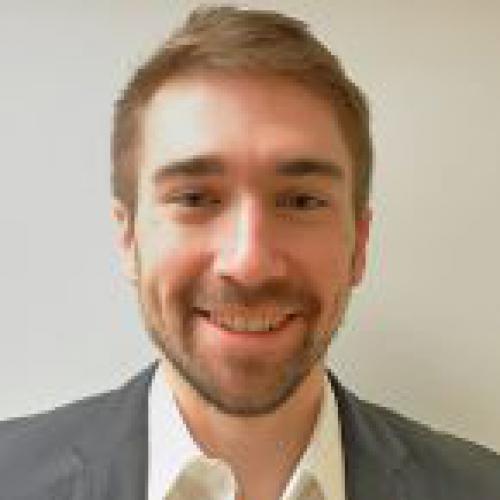
Professor David Berry
David Berry is Associate Professor at the University of Vienna.
His research interests include:
- Function of the intestinal microbiota in health and disease
- Numerical approaches to study microbial communities
- Development of molecular and isotope-labeling methods for studying uncultivated microorganisms in their natural environment
He has 28 publications in peer-reviewed journals, including in leading multidisciplinary and discipline-specific journals such as: Proc Natl Acad Sci USA, Cancer Res, FEMS Microbiol Rev, and ISME J.
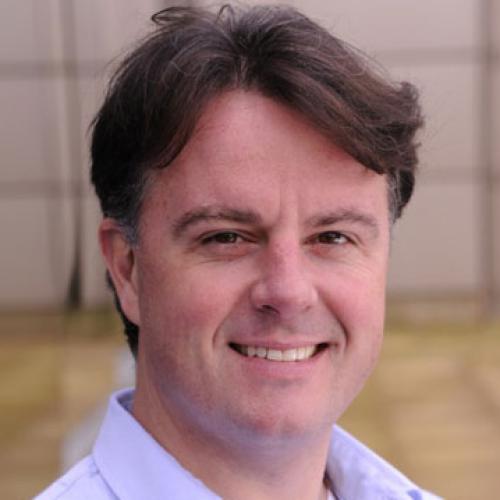
Dr Trevor Lawley
Trevor obtained his PhD from the University of Alberta, Canada, where he studied the mechanisms that pathogenic bacteria use to disseminate antibiotic resistance genes. In 2010, Trevor was appointed as a Career Development Fellow in the Sanger Institute Faculty and was promoted to Group Leader in 2014. He receives funding from the Medical Research Council. Trevor’s research investigates the mechanisms that underlie how micro-organisms on mucosal surfaces (gut, nasopharnyx, uro-gential tract) interact with their host during periods of health and disease. In particular, he seeks to develop novel ways to treat diseases that are associated with unwanted imbalances in the micro-organism communities.
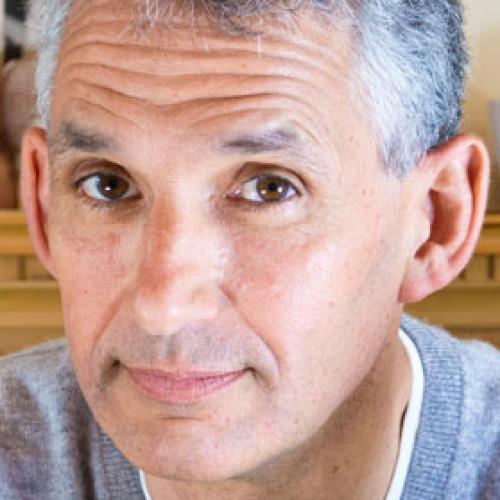
Professor Tim Spector
Tim Spector is a Professor of Genetic Epidemiology and Director of the TwinsUK Registry at Kings College, London. He trained originally in rheumatology and epidemiology. In 1992 he moved into genetic epidemiology and founded the UK Twins Registry, of 13,000 twins, which is the richest collection of genotypic and phenotypic information worldwide. He is past President of the International Society of Twin Studies, directs the European Twin Registry Consortium (Discotwin) and collaborates with over 120 centres worldwide. He has demonstrated the genetic basis of a wide range of common complex traits, many previously thought to be mainly due to ageing and environment. Through genetic association studies (GWAS), his group have found over 500 novel gene loci in over 50 disease areas. He has published over 800 research articles and is ranked as being in the top 1% of the world’s most cited scientists by Thomson-Reuters as well as the most cited scientist at King’s College London. He held a prestigious European Research Council senior investigator award in epigenetics and is a NIHR Senior Investigator and is a Fellow of the UK Academy of Medical Sciences. His current work focuses on omics and the microbiome and directs the crowdfunded British Gut microbiome project. He is a prolific writer with several popular science books and a regular blog, focusing on genetics, epigenetics and most recently microbiome and diet (The Diet Myth). He is in demand as a public speaker and features regularly in the media.
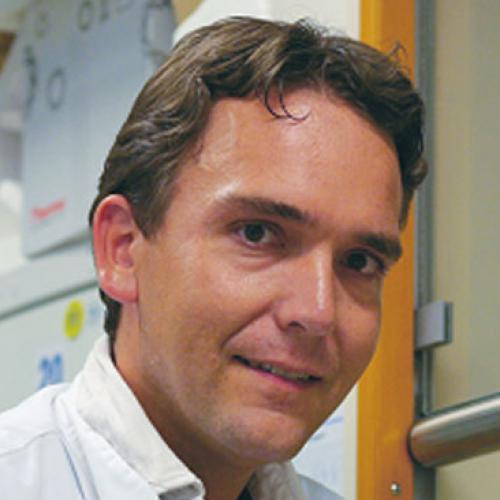
Professor Max Nieuwdorp
Dr Nieuwdorp is currently working as an internist-endocrinologist and Head of the department of Experimental Vascular Medicine at the Academic Medical Centre (AMC) within the University of Amsterdam. He has initiated a translational research group focused on dissecting the causal role of (small) intestinal bacterial strains to reverse insulin resistance, adipose tissue inflammation and cardiovascular disease. Dr Niuewdorp is also Visiting Professor at the University of Gothenburg. He has previously completed a residency in internal medicine and a fellowship at AMC Amsterdam and a postdoctoral fellowship in glycobiology at University College San Diego, USA.
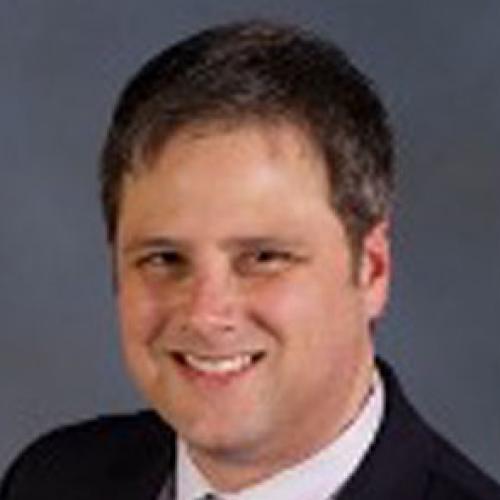
Joseph Sliman
From January 13, 2014 until January 17, 2017, Dr. Sliman served as the Company’s Senior Vice President-Clinical & Regulatory Affairs. Dr. Sliman has more than 18 years of experience in clinical and public health research, including 10 years directing clinical projects and product development, in therapeutic areas such as infectious diseases and vaccines. From September 2012 until January 2014, Dr. Sliman served as Senior Medical Director and Head of Patient Safety and Pharmacovigilance at Vanda Pharmaceuticals Inc., where he directed efforts for a New Drug Application for HETLIOZ (tasimelteon), which is indicated for the treatment of Non-24 Hour Disorder in totally blind adults. From December 2008 until August 2012, Dr. Sliman served as Medical Director in Vaccines and Infectious Diseases at MedImmune, Inc., where he was a member of successful Biologics Licensure Application teams. Prior to joining MedImmune, Inc., he served as Associate Medical Director at Dynport Vaccine Company, where he was the clinical director for seasonal and pandemic influenza vaccine trials as well as its Defense Vaccines development program (partnered with Department of Defense Joint Vaccines Acquisition Program). During his service in the United States Navy, Dr. Sliman led the U. S. Pacific Fleet disease surveillance programs, including influenza surveillance, preparedness, and prevention, as well as communicable disease and injury surveillance and prevention and health policy development. Dr. Sliman earned an M.D. from the Uniformed Services University, a Master’s Degree in Public Health from the Johns Hopkins University School of Public Health, and a B.S. in Molecular and Cell Biology, with Honors in Biology, from Pennsylvania State University.
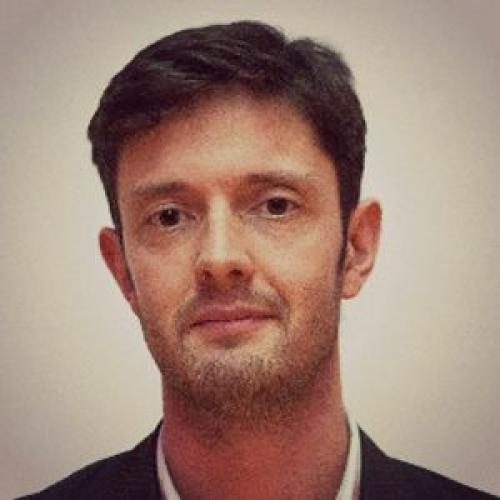
Professor Jeroen Raes
Jeroen Raes is group leader of the Bioinformatics and (eco-)Systems Biology (BSB) research group at VIB in Brussels. He has an extensive track record in meta-omics and microbiome research. He is associate editor for ISME journal, Scientific Reports (Nature publishing group), SIGS and Genomics Insights and is reviewer and/or committee member for ANR/NWO/FWO/ERC proposals.The Raes lab combines large-scale, next-generation sequencing with novel computational approaches to investigate the functioning and variability of the healthy human microbiome at the systems level and studies its alteration in disease.
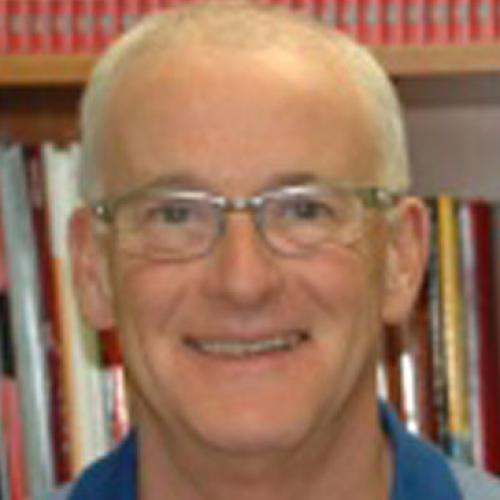
Dr. Gregor Reid
Dr. Gregor Reid is a professor of Microbiology and Immunology and Surgery at Western University, and the Endowed Chair in Human Microbiome and Probiotics at the Lawson Health Research Institute. Dr. Reid’s research interests include: Microbiome and probiotics, Women’s health, Environmental influences on health, and Genitourinary systems. Having been a pioneer of probiotic research and the study of microbes in the urogenital tract of women, his research has expanded to studies of the gut, breast, heart and use of probiotics to detoxify environmental pollutants. Dr. Gregor Reid’s research primarily focuses on beneficial microbes, and he is one of the world’s foremost experts on probiotics, (microorganisms that produce many health benefits). To date, he has developed novel probiotic therapies used by several million people around the world. He has also held 28 patents, published over 500 peer-reviewed publications, in highly prestigious academic journals including Lancet, JAMA, PNAS, PLoS One, Nature and Nature Reviews Microbiology; he has also given >600 talks in 54 countries, and has a Google Scholar H factor of 81.
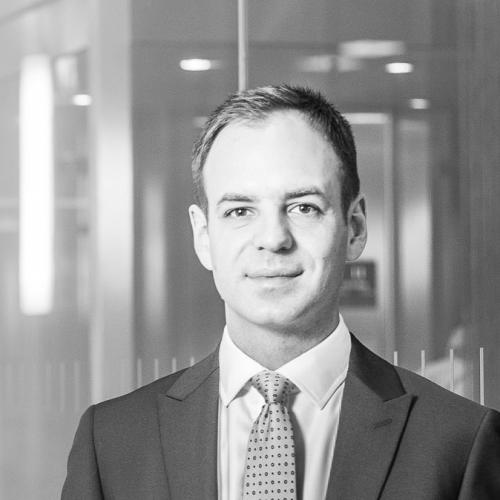
Ian MacLeod
Ian is a UK and European Patent Attorney and his practice covers a wide range of biotechnological subject-matter, with particular focus on live biotherapeutics, biomarker diagnostics, vaccines, antibody therapeutics, and antisense nucleotides.
Ian enjoys working for a range of clients, from multinational pharmaceutical firms to a number of university spin-outs and start-ups, many of which he has helped for years as their businesses develop. As such, Ian has extensive experience drafting and filing patent applications to build up portfolios and then coordinating the prosecution of applications around the world. Ian also has a substantial opposition practice and represents his clients defending and opposing key patents, in particular at the European Patent Office.
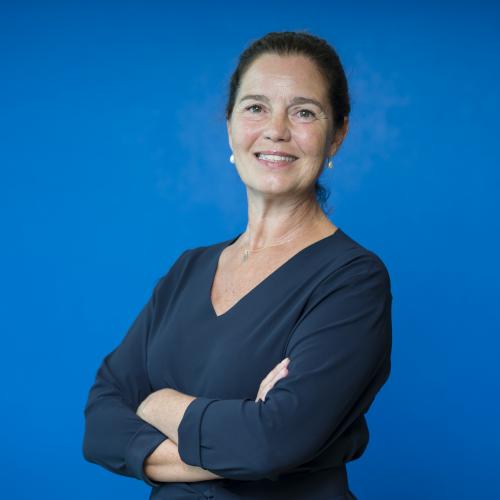
Aletta Kraneveld
In 2016 Aletta Kraneveld (MSc Pharmacy & pharmacologist) was appointed as full professor Interdisciplinary Translational Pharmacology at the Faculty of Science and the Faculty of Veterinary Medicine of the Utrecht University. She has published >120 papers (H-index: 42). Besides science, she is/has been an active member of several boards of (inter)national scientific and societal organizations (Dutch Society of Pharmacology, EPHAR, IUPHAR, Netherlands Federation of Innovative Drug research; Diversity committee UU; Food Lives-NL).
Kraneveld’s current research interests involve targeting the interaction between innate and adaptive immunity as well as host-microbiome interactions in chronic (inflammatory) diseases with pharmaceutical as well as nutritional interventions. The Kraneveld group is focusing research to in depth study the role of the gut-immune-brain-axis in neurodevelopmental and neurodegenerative disorders. Results will further enhance the knowledge of the interaction of microbiome with the immune and nervous systems in chronic conditions in the gut and CNS. Aletta Kraneveld has set up a program that is a (inter)national neuro-immune platform where academia, patient organisations and industry meet for research on the gut-immune-brain axis as target for medicine and medical food concepts.
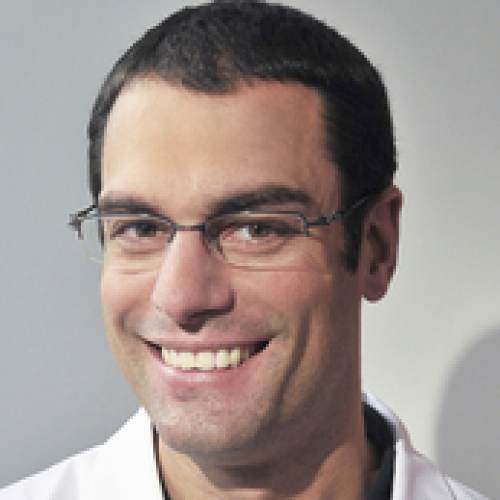
Alexis Mosca

John Kokai-Kun
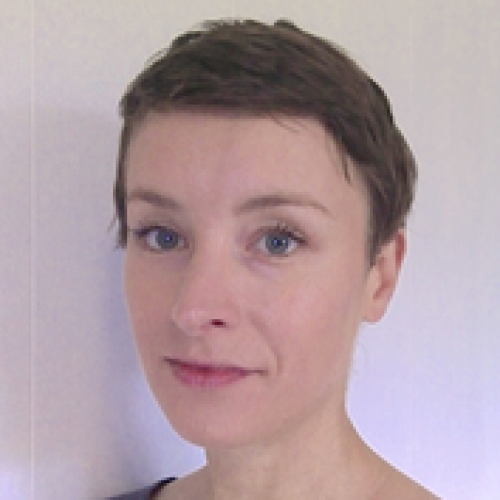
Katri Korpela
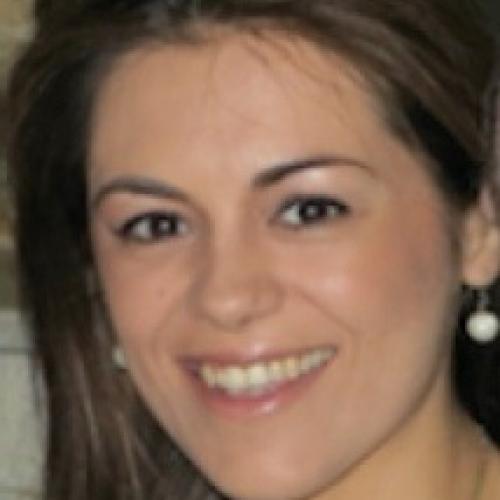
Dr Maria Kyrgiou
Dr Maria Kyrgiou is a Clinical Senior Lecturer at Imperial College London and Consultant Gynaecologist and Gynaecologic Oncologist at the West London Gynaecological Cancer Centre, Imperial Healthcare NHS Trust.
The primary focus of her research is traslational research in gynaecological cancers, in particular cervical and endometrial cancer. She has led research into the impact of treatment for cervical pre-invasive and early invasive cervical disease on reproductive outcomes and the clinical use of HPV biomarkers in personalising the management of women with abnormal findings at screening. She has an interest in the role of obesity and metabolic disorders in endometrial tumorigenesis.
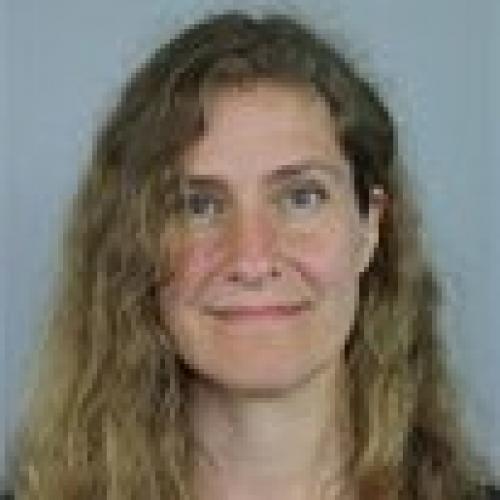
Tine Rask Licht
Tine Rask Licht heads the The National Food Institute research group on Intestinal Microbial Ecology.
The focus of our research is on effects of diet on composition, activity and genetic exchange in the gut microbiota, as well as on effects of the gut environment on resistance to pathogenic infections. Additionally, we adress the impact of gut microbes on maturation and maintenance of the host immune system. We look at effects of whole food items as well as of prebiotic carbohydrates and probiotic bacteria.
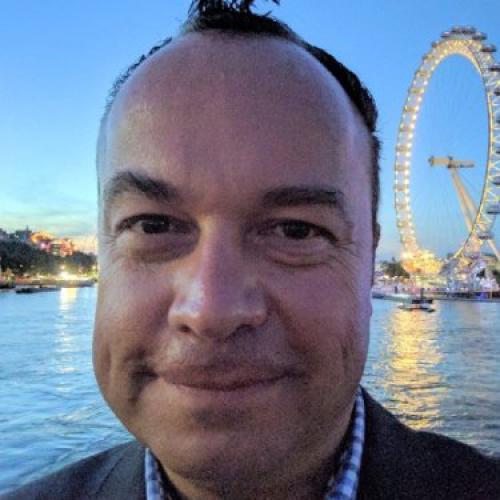
Tim Luker

Professor, Dr. Thomas Clavel
The main focus of our research is the study of intestinal microbiomes (the communities of microorganisms, their genomes, and surrounding environmental factors in the gut). Because intestinal microorganisms have a major impact on the physiology of their host, it is important to investigate and understand their diversity and functions. We focus primarily on the human, pig, and mouse gut microbiomes because of their relevance for health-related issues. In particular, we are interested in describing the taxonomic diversity and evolution of gut bacteria thanks to the use of culture-based and sequencing approaches.
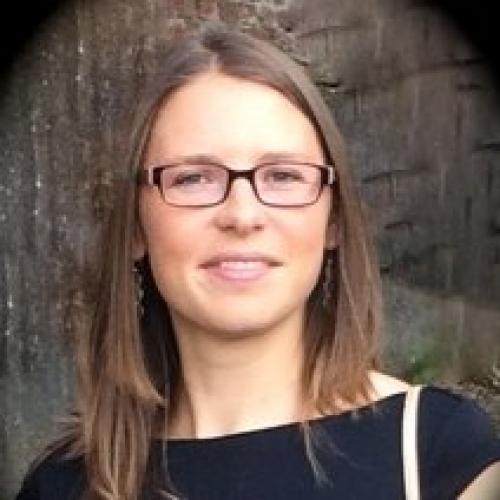
Sophie Leclercq
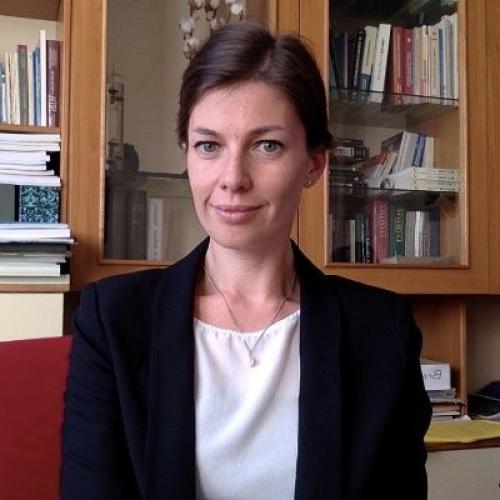
Sara Romano-Bertrand
I work on opportunistic bacterial pathogens from endogenous (from human-associated microbiota) or exogenous (environment) origins, involved in healthcare-associated infections (HAI). Conversely to true bacterial pathogens that accord with the Koch’s postulate, the study of opportunistic infections including HAI, require us to consider both opportunistic pathogens responsible for the infection, its natural reservoir an the microbial-associated communities. This intricate consideration of the opportunistic infection is based on the innovative concept of the “pathobiome”, which integrates the complex interactions between microorganisms and considers opportunistic bacteria within its microbial community, within its hosts and its environment, in the pathologic context, in order to explain the occurrence of the infection.
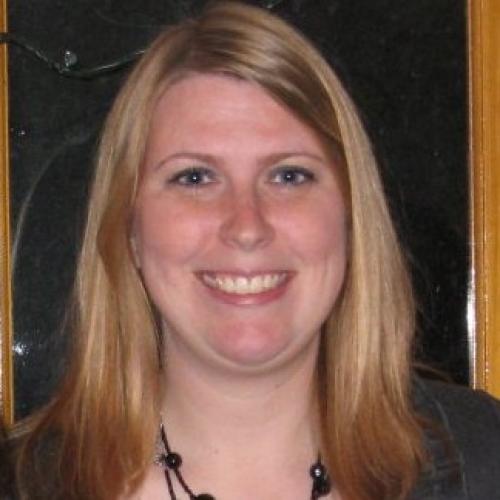
Rose Szabady
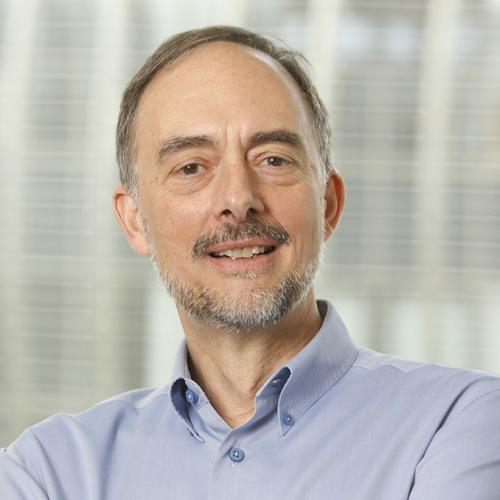
Mike Romanos
Mike Romanos is a co-founder and Chief Executive of Microbiotica. He has 30 years’ experience in the biotech and pharma industry and previously co-founded Crescendo Biologics which he built and led as CEO and CSO, developing a leading antibody fragment discovery platform and pipeline in oncology and inflammation. Prior to that he held global VP roles in GlaxoSmithKline R&D over 10 years, during which time he formed and led major transnational divisions which helped shape the company’s discovery platforms and pipelines across therapeutic areas and modalities. In his last role he led a transnational group of 300 staff providing genomics, target and biomarker discovery, and platform biology for R&D. Mike is highly experienced in biotech translation and commercialisation, currently serving as a Non-Exec Director of the life-sciences charity LifeArc, and previously as Translational Adviser in Biomedicine at Imperial College, Venture Partner to UK Innovation and Science Seed Fund, and committee member on the MRC’s Developmental Pathway Funding Scheme for translational academic research. Mike holds a degree in Natural Sciences from Cambridge University, a PhD in Molecular Virology from Imperial College, and is a Fellow of the Royal Society of Biology.
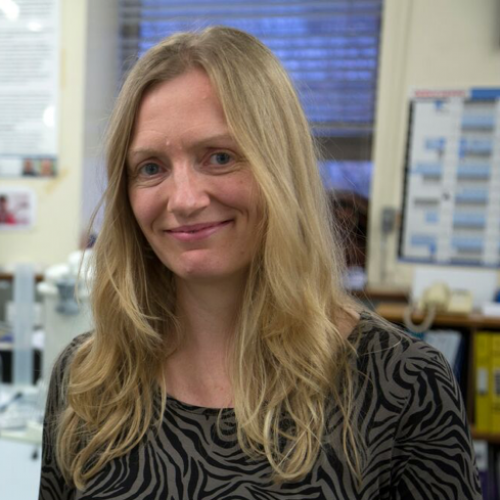
Martha Clokie
My research focuses on identifying, characterising and developing bacteriophages (viruses) that target and kill bacterial pathogens of medical relevance with the view to identifying novel antimicrobials. I have published over 60 papers in both on the fundamental and applied aspects of bacteriophages. Clearly this work has been impacted by our increasing concerns regarding antibiotic resistance because bacteriophages as natural enemies of bacteria can either be exploited as natural viruses, or they may encode novel products with antimicrobial properties.
My work is rooted in an ecological framework which I use both for virus discovery and the manipulation of microbiota associated with disease. My major focus has been on Clostridium difficile where I have isolated and characterised a large bacteriophage collection, and where I have developed in vitro, ex situ and in vivo models to assess the mechanistic interactions of phages with their bacterial hosts and to assess their therapeutic potential. I am now developing these phages as therapeutics. I also have active projects to study bacteriophages that target many other bacterial species including Pseudomonas aeruginosa, Streptococcus spp., Borrelia, Haemophilus and Salmonella.
In terms of my formal education and training, I obtained a BSc in Biology from Dundee University in 1996 an MSc in Biodiversity from Edinburgh University in 1997, and a PhD from Leicester in Molecular Ecology in 2001. I then did 6 years of Post-Doctoral research at the University of Warwick and in Scripps, La Jolla, San Diego. In 2007 I was appointed as a lecturer at Leicester, in 2011 a Reader and in 2016 I was promoted to Professor of Microbiology.

Richard Dennett

Tim Adetona, M.Sc., D.PH
Tim has a broad regulatory expertise of close to 20 years’ experience (5 as Consultant) in addressing and obtaining regulatory authorization for various life-science products including drugs, biologics and innovative nutritional products in Europe, as well as statutory regulatory requirements in global markets including the USA and emerging markets.
Tim has acquired significant knowledge of Swiss regulations and Swissmedic procedures and has successfully managed a number of MAA submissions for drugs and biologics. Tim has substantial experience in all steps of product development from preclinical to life-cycle management, including those involving specialized conditions as orphan drug designations, accelerated or fast-track assessment procedures and compassionate use programs.
Tim also has responsibility for the management of projects involving the design and implementation of global regulatory strategies for the development, evaluation and marketing of nutritional and innovative food-drug borderline products. Tim is equally well versed in regulatory engagements involved with the development of Personal, Health and Beauty Care products (cosmetics, deodorants and antiperspirants), as well as Medical Devices and OTC medicines.
Prior to joining VCLS, Tim was Regulatory Affairs Director, Consumer Health Care International (CHCI) for Vifor Pharma, where he provided directional leadership for the implementation of all aspects of Regulatory Affairs related to Consumer Health Care products in global markets and successfully expanded the experience he had gained as Senior Regulatory Affairs Manager for Procter & Gamble.
2017 Sponsors
Synthetic Biologics
Website: www.syntheticbiologics.com
Synthetic Biologics, Inc. (NYSE MKT: SYN) is a clinical stage company developing therapeutics to protect the gut microbiome while targeting pathogen-specific diseases. The Company’s lead gut microbiome-focused programs poised for Phase 3 development include, SYN-010 a proprietary, modified-release formulation of lovastatin lactone intended to reduce the impact of methane producing organisms in the gut microbiome to treat an underlying cause of irritable bowel syndrome with constipation (IBS-C), and SYN-004 (ribaxamase), a first-in-class oral enzyme designed to protect the gut microbiome from the effects of certain commonly used intravenous (IV) beta-lactam antibiotics for the prevention of C. difficile infection, antibiotic-associated diarrhea (AAD) and the emergence of antibiotic resistant organisms. The Company is also developing preclinical stage monoclonal antibody therapies for the prevention and treatment of pertussis and novel discovery stage biotherapeutics for the treatment of phenylketonuria (PKU). For more information, please visit Synthetic Biologics’ website at www.syntheticbiologics.com.
ProDigest
Website: www.prodigest.eu
ProDigest is a contract research provider with broad range of solutions for in vitro gastrointestinal simulation, both for the upper and the lower gastrointestinal tract, ranging from high throughput screening to in depth investigation of the mode of action and site of effect.
For example, we assist your product development by building up essential know-how in the field of gastrointestinal transit, bioavailability, digestion, metabolism, microbiome, immune modulation and efficacy of probiotics, prebiotics, functional ingredients, and pharmaceuticals, in relation to their fate and function in the body.
Our long-standing experience and expertise in studying the gastrointestinal processes at your service!
Affymetrix
Website: www.thermofisher.com
Thermo Fisher Scientific Inc. is the world leader in serving science, with revenues of $17 billion and approximately 50,000 employees in 50 countries. Our mission is to enable our customers to make the world healthier, cleaner and safer. We help our customers accelerate life sciences research, solve complex analytical challenges, improve patient diagnostics and increase laboratory productivity. Through our premier brands – Thermo Scientific, Applied Biosystems, Invitrogen, Fisher Scientific and Unity Lab Services – we offer an unmatched combination of innovative technologies, purchasing convenience and comprehensive support. For more information, please visit www.thermofisher.com
Zymo Research
Website: www.zymoresearch.com
Zymo Research has been serving the academic and biopharmaceutical scientific communities by providing DNA and RNA purification products since its inception in 1994. Historically recognized as the leader in epigenetics, Zymo Research is breaking boundaries with novel solutions for sample collection, microbiomic measurements, and NGS technologies that are high quality and simple to use. The company has been leading the initiative to improve reproducibility and accuracy in the field by developing the first commercially available rigorous standards for microbiome research. The ZymoBIOMICS™ portfolio has been developed as a comprehensive solution for microbiomics and metagenomics from sample collection to analyses.
Carpmaels & Ransford
Website: https://www.carpmaels.com/
Carpmaels & Ransford is a full-service European intellectual property firm at the forefront of a rapidly changing IP landscape.
As a trusted advisor to so many world-class companies and brands, we have been regarded as a pioneer in handling intellectual property for over 200 years. We are known for a consistent ability to anticipate client needs and apply unparalleled expertise to complex challenges.
What sets us apart? We believe it’s our united talents. We join up our knowledge and resources, blending vast experience with infectious enthusiasm, expert knowledge with a constant hunger to learn more and individual skill with great teamwork.
We are unique in our ability to offer a truly integrated service, managing our clients’ intellectual property from inception to commercialisation, enforcement, litigation and defence.
The result is a combined intellectual powerhouse, working closely with our clients to generate the most incisive strategies and arguments.
Clients trust us to get it right.
Baseclear
Website: https://www.baseclear.com/
As genomics experts and through sustainable partnerships BaseClear offers consultancy and technological expertise to accelerate the understanding and use of microorganisms. BaseClear, located in the leading biomedical hotspot in Europe, offers a complete range of microbial genomics services, including metagenomics, microbiome analysis and microbial strain assessment for regulatory approval.
Biose Industrie
Website: https://www.biose.com/
Biose Industrie is a Contract Development and Manufacturing Organization (CDMO), specialised in Live Biotherapeutic Products. Founded in 1951, Biose Industrie has more than 65 years of experience in the development and production of live bacteria based drugs. Company offers lab development specialised in microbiology (anaerobic, aerobic, GMO strains) and is Drug GMP certified for the manufacturing of API (From 300L to 3 500L), clinical batches and commercial drug products (capsules in blisters or pills, sachets).
Evolve Biosystems
Website: https://www.evolvebiosystems.com/
Please visit our website for more information.Clinical Microbiomics
Website: www.clinical-microbiomics.com
Our inner ecology – that delicate microbial ecosystem known as the microbiome – is the new frontier in human health. At Clinical Microbiomics, we exist to untangle its complexity in search of mechanisms that impact health and disease.
Identifying and understanding those mechanisms is like looking for a needle in a haystack and demands a truly interdisciplinary approach to microbiome science. Innovating at the forefront of the field, our team of leading scientists creates breakthrough bioinformatics tools and analytical concepts that set new standards for understanding and influencing the microbiome.
Clinical Microbiomics is proud to partner with researchers from the world’s most prominent academic institutions and leading biotech, consumer health and pharma companies. Operating as an extension of their research organizations, we work broader, analyze deeper, and connect the dots to help find the answers needed to impact health and disease.
Metabolon
Website: http://www.metabolon.com/
Metabolon, Inc. is the world’s leading health technology company advancing metabolomics for clinical and research uses. Its Precision Metabolomics™ is accelerating research and product development across the pharmaceutical, biotechnology, consumer products, and nutrition industries. The company was founded in 2000 and is based in Research Triangle Park, North Carolina.
Media Partners
Microbiome Journal
The central purpose of Microbiome is to unite investigators conducting microbiome research inenvironmental, agricultural, and biomedical arenas.
Topics broadly addressing thestudy of microbial communities, such as, microbial surveys, bioinformatics, meta-omicsapproaches and community/host interaction modeling will be considered forpublication. Through this collection of literature Microbiome hopes tointegrate researchers with common scientific objectives across a broadcross-section of sub-disciplines within microbial ecology.
AllSeq
Website: www.allseq.com
AllSeq has created the world’s first true Sequencing Marketplace. Our NGS marketplace helps researchers pick the best provider for their needs (based on price, technology, turnaround time, etc). AllSeq also maintains the NGS Knowledge Bank, a neutral source of information on the various sequencing technologies, platforms and applications.
Beneficial Microbes
Website: www.wageningenacademic.com/journals/bm/general-information
Beneficial Microbes is a peer-reviewed scientific journal with a specific area of focus: the promotion of the science of microbes beneficial to the health and wellbeing of man and animal. The journal contains original research papers and critical reviews in all areas dealing with beneficial microbes in both the small and large intestine, together with opinions, a calendar of forthcoming beneficial microbes-related events and book reviews. The journal takes a multidisciplinary approach and focuses on a broad spectrum of issues, including safety aspects of pro- & prebiotics, regulatory aspects, mechanisms of action, health benefits for the host, optimal production processes, screening methods, (meta)genomics, proteomics and metabolomics, host and bacterial physiology, application, and role in health and disease in man and animal. Beneficial Microbes is intended to serve the needs of researchers and professionals from the scientific community and industry, as well as those of policy makers and regulators
Technology Networks
Website: www.technologynetworks.com
Technology Networks Group is an internationally recognised publisher that provides access to the latest scientific news, products, research, videos and posters. Our global community is made up of over 300,000 researchers and scientific professionals from the life science, drug discovery and analytical arenas. Technology Networks' online communities are dedicated to a wide range of disciplines within the life science, analytical and drug discovery sectors.
Microorganisms Journal
Website: http://www.mdpi.com/journal/microorganisms
Microorganisms (ISSN 2076-2607) is an international, peer-reviewed open access journal which provides an advanced forum for studies related to prokaryotic and eukaryotic microorganisms, viruses and prions. It publishes reviews, research papers and communications. Our aim is to encourage scientists to publish their experimental and theoretical results in as much detail as possible. There is no restriction on the length of the papers. The full experimental details must be provided so that the results can be reproduced. Electronic files and software regarding the full details of the calculation or experimental procedure, if unable to be published in a normal way, can be deposited as supplementary electronic material.
MicroNow
Website: https://micronow.org/
MicroNow, the destination for current research, news, and original content on all things microbial sciences! Be a part of the discussions, post your own content, and connect with fellow scientists! Join MicroNow, create a profile, and build your professional credentials by sharing content!
Infectious Diseases Hub
Website: https://www.id-hub.com/
Please visit our website for more information.Cell Host and Microbe
Website: http://www.cell.com/cell-host-microbe/home
Cell Host & Microbe was launched in March 2007. The journal's mission is to provide a forum for the exchange of ideas and concepts between scientists studying the microbe with those studying the host immune, cell biological, and molecular response upon colonization or infection by a microbe.
Cell Host & Microbe will publish novel findings related to microbes (which includes bacteria, fungi, parasites, and viruses) from molecular and cellular biology to translational studies with particular emphasis on the interface between the microbe and its host (vertebrate, invertebrate, or plant; unicellular or multicellular). The unifying theme is the integrated study of microbes (pathogenic, non-pathogenic, and commensal) in conjunction and communication with each other, their host, and the cellular environment they inhabit. Work published in Cell Host & Microbe is expected not only to be of exceptional significance within its field, but also of interest to researchers outside the immediate area. In addition to primary research manuscripts, Cell Host & Microbe will publish expert analysis, commentary, and reviews on topics of current interest in the field.
Medicon Valley Alliance
Website: www.mva.org
Medicon Valley Alliance (MVA) is a non-profit membership organization in the Danish-Swedish life science cluster Medicon Valley, which is a part of Greater Copenhagen. The +250 members, who together employ approximately 140.000 people, represents the region’s triple helix and include universities, hospitals, human life science business, regional governments and service providers.
Medicon valley Alliance hosts, launches and drive meetings, working groups, seminars, conferences and projects, that strengthen the collaboration, networking and knowledge-sharing in the regions life science community, create critical mass and help realizing the full potential of Medicon Valley.
PARTNER WITH US
Based on your objectives, we can create bespoke packages designed specifically for you. Opportunities predominantly lie in 3 main categories: Thought Leadership, Branding, and Networking.
Interested in a media partnership?
We'd love to hear from you and how we can support one another to connect with the industry. Contact [email protected]
The Agenda
What You Can Expect From This Year's Congress:
- 250+ Academic and Industry Leaders Onsite
- 40+ Thought Leaders on the Speaker Faculty
- 50:50 Ratio of Academics-Industry
- 19 One-on-One Private Meetings per Attendee
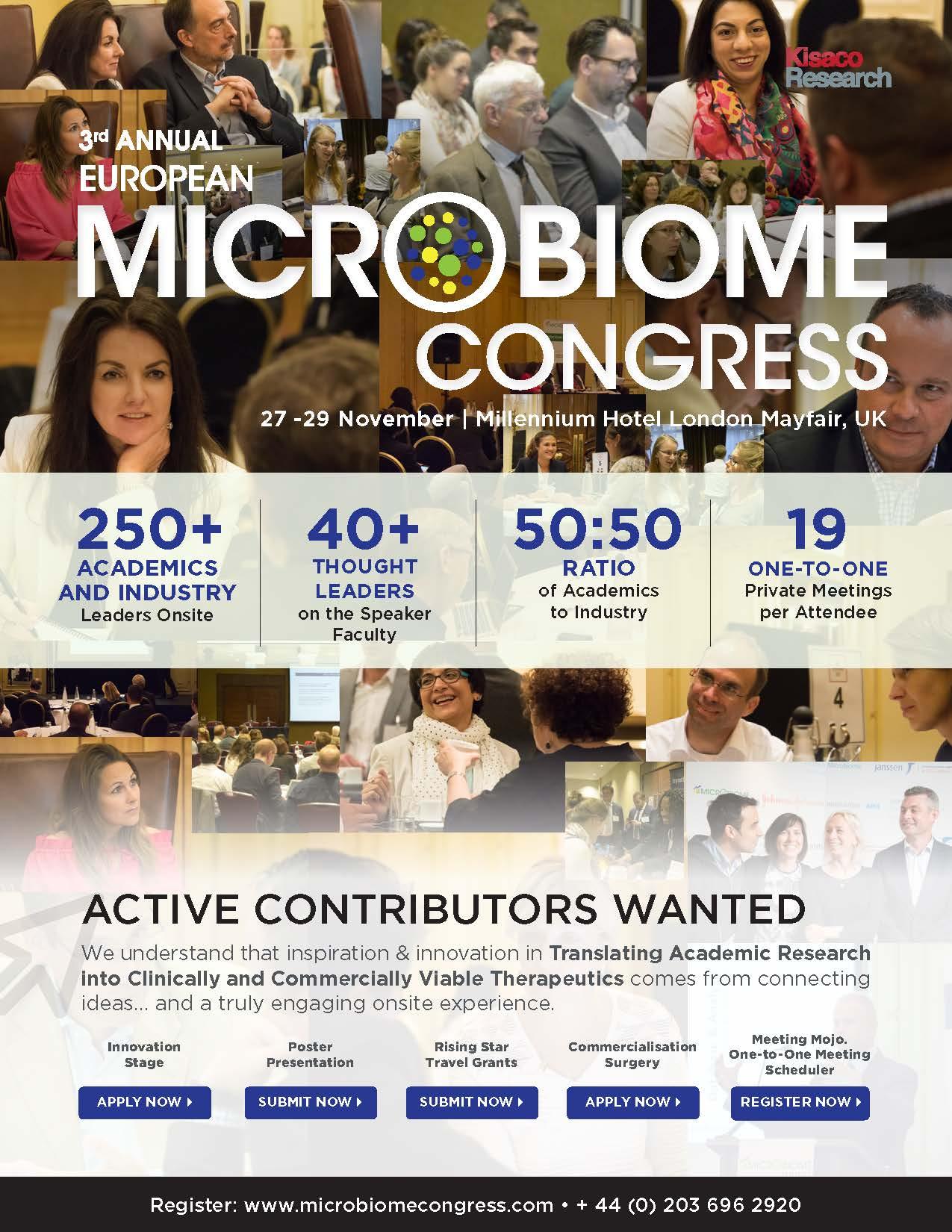
Download Full Agenda
Venue
Millennium Mayfair Hotel, Grosvenor Square, London W1K 2HP
Kisaco Research is pleased to offer attendees of The European Microbiome Congress a discounted £225 (excl vat) rate including breakfast at the Millennium Mayfair Hotel during the duration of the event.
TO BOOK ACCOMMODATION
Telephone: 0044 (0) 207 629 9400 quote KISA261117 when booking.
Email: [email protected] quote KISA261117 when booking.
Cut off date for rooms is 29 October 2017.
Conference Packages
Sending Your Team? Group Discounts Available!
Applicable for Primary Market, Service Provider and Industry Rates Only. Not available for Academic or ‘Start-Up’ rates
Book a Team of 3+ - Save an Additional 10% Off
Book a Team of 5+ - Save an Additional 15% Off
If you would like to register a team of 3 or more, please email [email protected] for your discount coupon code before registering. PLEASE NOTE: Discounts cannot be combined with Early Bird Pricing or any other discount or offer. If you have any questions about your registration, please call us on +44 (0)20 3696 2920
Poster Presentation Submission
If you are looking to highlight your recent work to the wider microbiome community, the dedicated poster session is a great way to get your research noticed and further involve yourself with the congress. In order to present a poster, you need to be registered as a delegate. Poster space is assigned on a first come, first served basis. Your presentation will be displayed in a dedicated poster area, while presentation sessions will take place both in the breaks and alongside sessions at prescheduled times.
PLEASE CLICK HERE TO DOWNLOAD THE SUBMISSION FORM
Rising Star Travel Grant
£200 Travel Grants are available for FIVE young researchers (defined as having completed their PhD within the last 5 years). To be considered for one of the Rising Star Travel Grants, you must submit an abstract before 31st October 2017.
PLEASE CLICK HERE TO DOWNLOAD THE SUBMISSION FORM
Commercialisation Surgery
Attendees are invited to pose questions and seek advice from a panel of industry leaders who have been through the commercialisation process.
Innovation Stage
Academics and early stage start-ups are invited to present innovations that they are looking to commercialise. Whether you are looking for investment or just want an expert’s opinion on the next steps in your commercialisation journey, this platform will be valuable for you. This platform allows FOUR presenters to share as much or as little information around their innovation as they feel comfortable, and receive tips and advice from a panel of expert investors, consultants, pharmaceutical companies, lawyers and successful start-ups, as well as input from the audience.
APPLY HERE
Book a Team to Save More!
Industry Rates Only: Team discounts cannot be combined with any other discount or offer
Book a Team of 3+ - Save an Additional 10% Off
Book a Team of 5+ - Save an Additional 15% Off
Payment Terms for the the Microbiome Conference:
- Please note that a £49 processing fee will apply to any invoices requested.
- * You must email us a signed letter from the Hospital / Clinic Supervisor or University / Laboratory with confirmation of your status upon payment
- All Prices are in GBP
- All Early Bird discount prices, including Group Discounts, must be paid in full by deadlines provided above.
- All discount offers cannot be combined with any other offer.
- Please view our Cancellation Policy.
- All Price exclude GB VAT of 20% – GB201759917
About Kisaco Research
Kisaco Research produces, designs and hosts B2B industry conferences, exhibitions and communities – focused on a specialized selection of topic areas.
Meet industry peers that will help build a career-changing network for life.
Learn from the mistakes of your peers as much as their successes—ambitious industry stalwarts who are happy to share not just what has made them successful so far but also their plans for future proofing their companies.
Note down the inspired insight that will form the foundation for future strategies and roadmaps, both at our events and through our online communities.
Invest both in your company growth and your own personal development by signing up to one of our events and get started.
